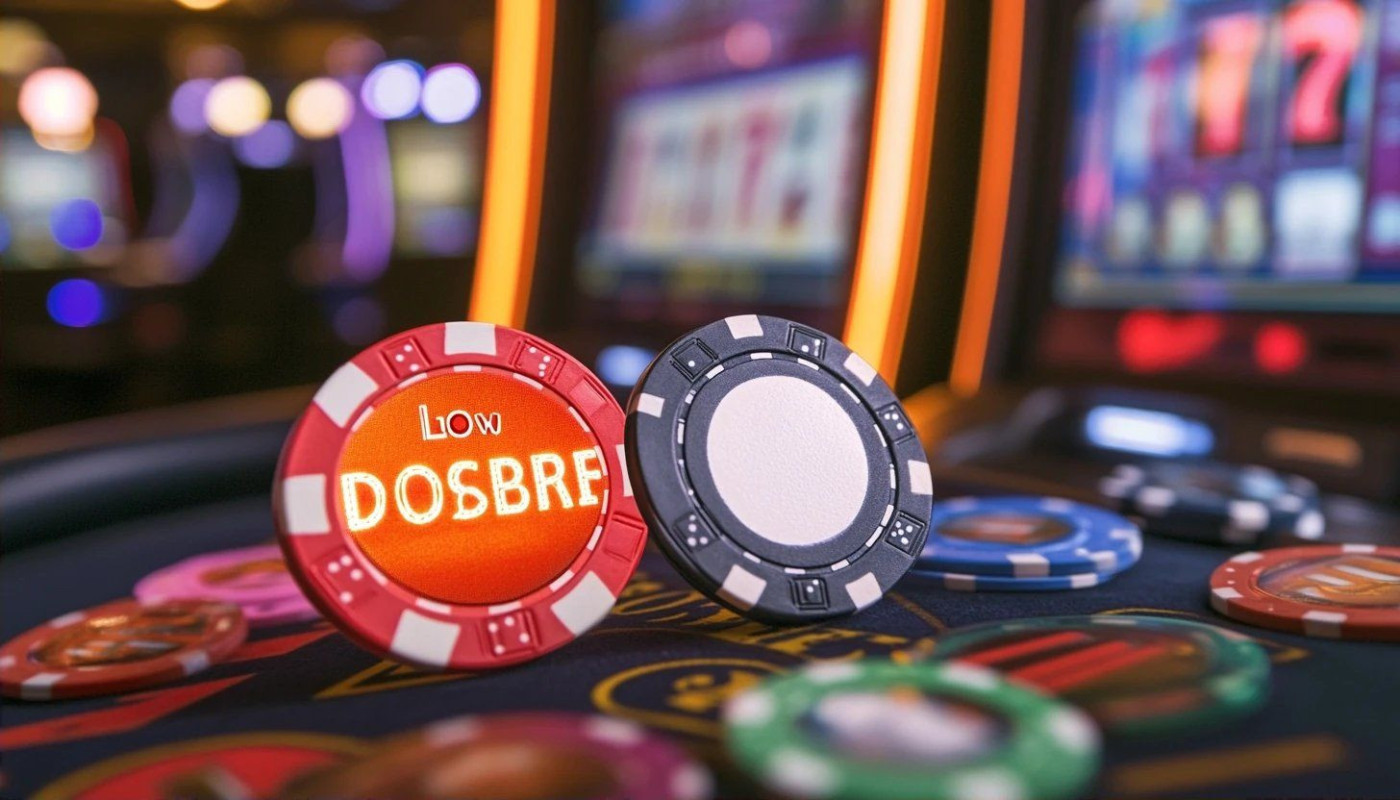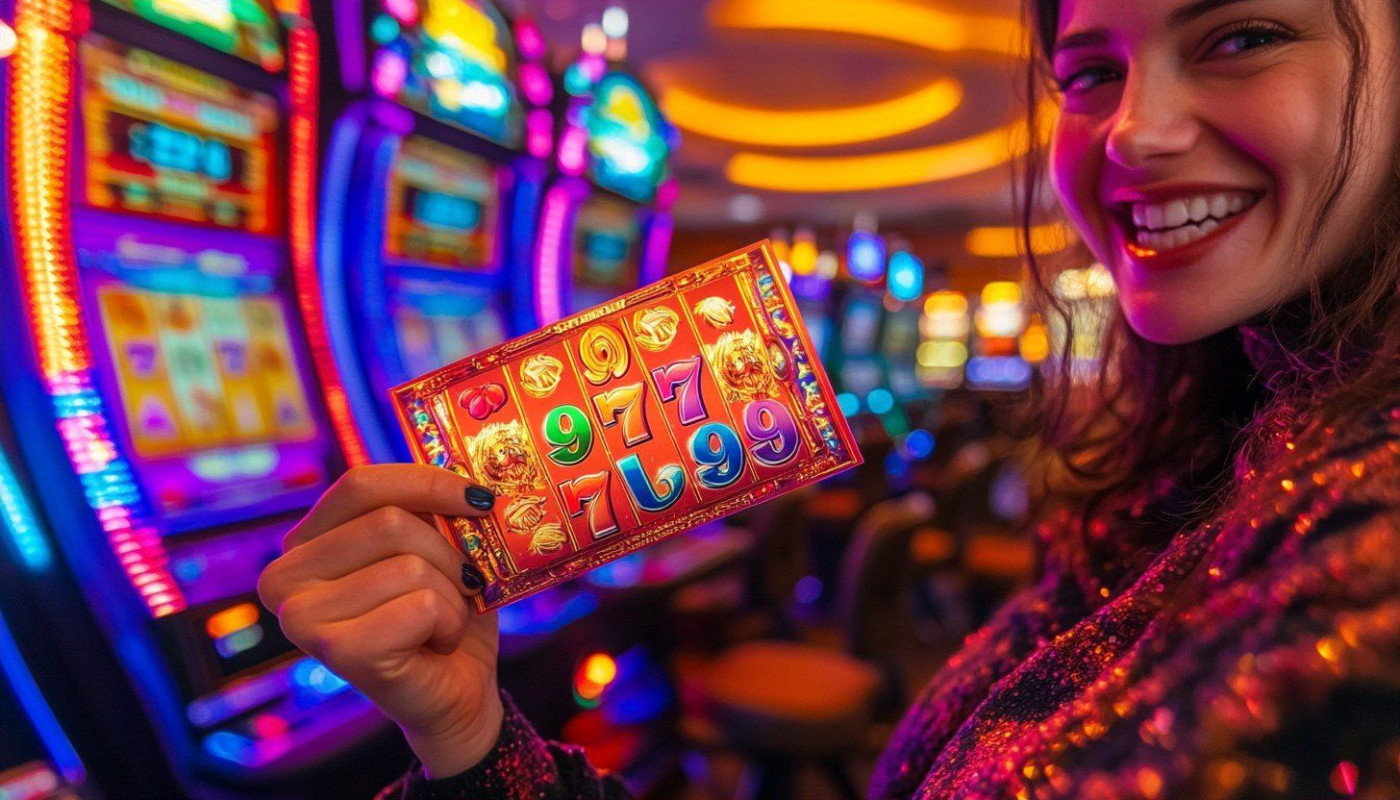Table of contents
Crash gambling has quickly become a viral phenomenon, captivating online players worldwide with its fast-paced mechanics and pulse-raising volatility. The digital rush offered by this unique betting format raises intriguing questions about what drives people to participate and keep coming back for more. Delving into the psychological forces at play can shed light on why crash gambling is trending, making it essential reading for anyone curious about this evolving online sensation.
The thrill of unpredictability
Unpredictability in crash gambling psychology acts as a powerful magnet for those seeking intense emotional experiences. The game’s core mechanic—a rapidly rising multiplier that can crash at any moment—creates a unique blend of risk and reward, fostering a state of heightened anticipation. This uncertainty triggers the body’s stress response, releasing adrenaline and other neurochemicals closely linked with excitement and pleasure. As a result, players become deeply engrossed in the action, chasing the next surge of exhilaration and the possibility of a significant win.
Gambling excitement thrives on what psychologists identify as variable reward schedules, a concept rooted in behavioral science. In these systems, rewards are given unpredictably rather than at set intervals, which has been shown to create persistent engagement and even compulsive behaviors. Crash gambling's unpredictable nature means that players never know exactly when the game will end or when the next payout will occur, keeping them on edge and reinforcing repeated participation. The ongoing suspense and potential for instant gain combine to make the experience extraordinarily captivating, fueling the continued rise in popularity of such games.
Anyone seeking insight into why risk and reward dynamics are so alluring should consult a leading expert in gaming psychology to better understand how crash gambling leverages unpredictability to shape player behavior. This specialist can provide a detailed analysis of the emotional and cognitive mechanisms at play, helping to illuminate why so many adults find themselves drawn to the adrenaline rush and excitement of these games.
Instant gratification and feedback loops
Crash gambling has surged in popularity partly because it delivers instant gratification through short, intense rounds that end within seconds. This immediacy generates a powerful dopaminergic response in the brain, the physiological foundation of pleasure and motivation. As each betting cycle concludes swiftly—win or lose—players experience a rapid succession of outcomes, which creates a continuous feedback loop. This loop reinforces behavior by granting near-instant results and rewards, which is especially appealing in the context of online gambling rewards and modern attention spans. The combination of rapid betting cycles and instant feedback makes crash betting feedback particularly compelling, as it engages the same neural pathways involved in habit formation and risk-taking.
Dopamine and gambling are closely linked, as the neurotransmitter dopamine is released during moments of anticipation and reward. In crash gambling, the quick succession of wins and losses creates unpredictable rewards, which are known to be more stimulating to the brain than predictable outcomes. This unpredictability, paired with the possibility of immediate payouts, hooks players into a cycle that is difficult to break. The design of these games, often featuring engaging graphics and real-time statistics, further enhances the sense of urgency and excitement, making the experience more immersive and compelling.
The rapid feedback system utilized in crash gambling platforms also leverages psychological principles found in behavioral neuroscience. By shortening the time between placing a bet and receiving a result, platforms maximize player engagement and minimize reflection time, encouraging repeated play. This dynamic is amplified by online communities, where shared excitement and social competition can intensify the experience. Crash betting feedback thus becomes not only a solitary pursuit but a social phenomenon, with players often discussing strategies and outcomes in real time.
For those interested in exploring how these mechanics work in practice or seeking additional info, visit additional info for a closer look at one such crash gambling platform. Understanding the role of instant gratification gambling and the underlying neurobiological mechanisms can provide insight into why crash gambling is uniquely captivating in the world of online gaming.
Social dynamics and community appeal
Crash gambling platforms often integrate interactive features like live chat and leaderboards, transforming individual play into a dynamic, social experience. These components create online gambling communities where players engage in real-time conversations, celebrate shared victories, and observe others' strategies, which heightens the collective excitement. The technical term social facilitation describes how individuals tend to perform differently—or take greater risks—in the presence of others, a phenomenon that platforms leverage to increase engagement. Group risk taking becomes more pronounced as players are influenced by the visible successes or failures of their peers, with research from the American Psychological Association, the leading authority in social psychology, highlighting how group contexts can intensify risk preferences. Social gambling thus thrives on this sense of belonging, making crash gambling chat and community-driven competition a compelling draw for participants seeking more than just solitary entertainment.
The illusion of control
Crash gambling exploits a pervasive cognitive bias known as the illusion of control, in which players overestimate their ability to influence outcomes despite the fundamentally random nature of the game. This cognitive bias convinces individuals that their timing, strategies, or intuition can affect the result, fueling a persistent belief in personal skill where none exists. Such gambling illusion of control is magnified by the fast-paced, interactive format of crash games, which give the appearance that quick decisions or pattern recognition can improve success rates. As a result, player behavior online becomes characterized by repeated, often riskier, betting as individuals chase the perceived opportunity to outsmart the system, despite mathematical odds remaining unchanged. This misperception deeply impacts gambling decision making, fostering higher engagement and prolonged play sessions, as players attribute near-misses or brief winning streaks to their own actions rather than to random chance. The crash betting perception of agency is a powerful psychological driver that sustains the rising appeal of these digital games.
Risk perception and chasing losses
Crash gambling introduces a dynamic environment where the rapid pace and unpredictable outcomes significantly influence risk perception. Players often develop a belief that losses are temporary setbacks and can be quickly recovered with subsequent bets, leading to the psychological phenomenon known as loss chasing. This mindset is deeply intertwined with an individual's risk-taking propensity, which refers to the natural inclination to engage in behaviors with uncertain outcomes. In the context of online betting, heightened risk-taking propensity amplifies the tendency to place increasingly risky wagers after a loss, as the immediate and interactive nature of crash gambling creates an illusion of control and quick redemption.
The impact of altered risk perception is further compounded by intense emotional responses, such as frustration, anxiety, or excitement, that accompany each round. Research cited by the National Council on Problem Gambling emphasizes the emotional volatility associated with loss chasing psychology, noting that emotional gambling responses can override rational decision-making processes. As a result, individuals may persistently underestimate the true probability of loss, believing that a win is imminent if they simply keep playing. This cyclical pattern not only fuels further engagement but also deepens the psychological grip of risk perception gambling, making it increasingly difficult for players to disengage from the cycle.
Experts in gambling addiction, including Dr. Mark Griffiths, a leading authority in risk assessment and behavioral psychology, highlight how the features of crash gambling—such as instant feedback and social competition—intensify these effects. The combination of volatile gameplay, high emotional stakes, and the perceived ease of recovering losses transforms risk into a compelling motivator, driving players to continually chase losses in the hope of a turnaround. This environment fosters a persistent cycle where rational evaluation is overshadowed by emotional impulses and distorted risk appraisal, making crash gambling a particularly potent form of online betting for those vulnerable to addiction.
Similar




























